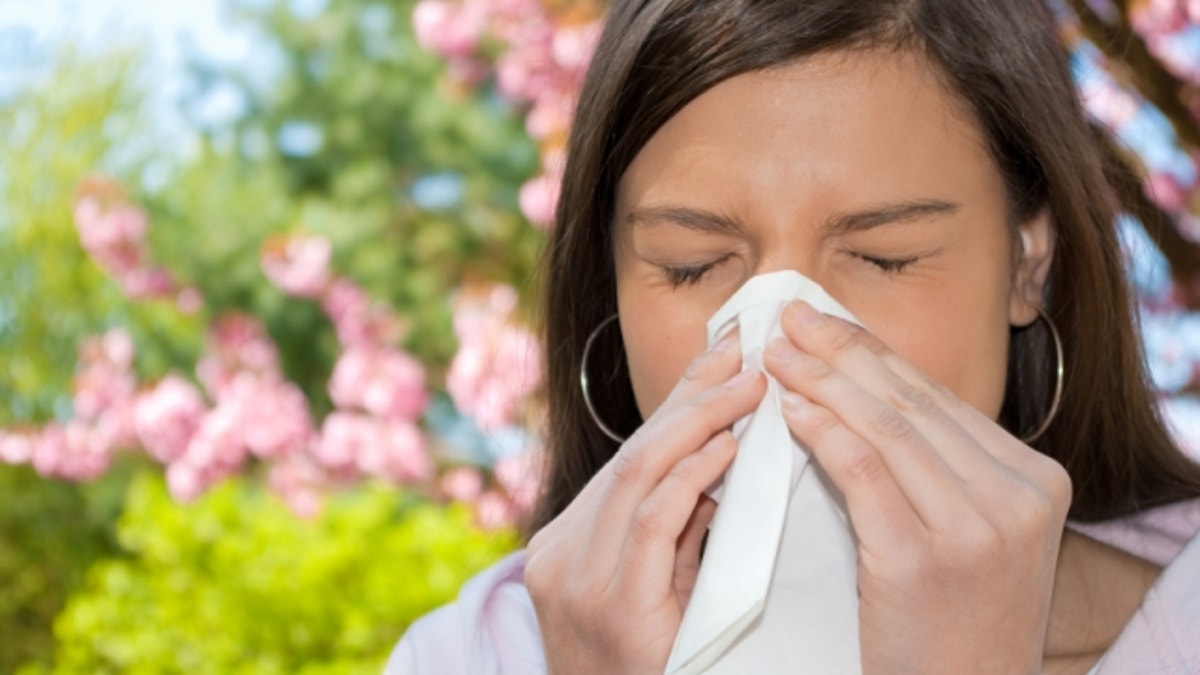
Do you have seasonal pollen allergies that have been acting up recently? It may be the work of pesky ragweed and other weed pollens.
In fact, climatologists and pollen forecasters predict that ragweed season may last four weeks or longer due to the warmer temperatures, a longer growing season and subsequent exposure to allergy-triggering pollens. It is anticipated that the fall pollen season may last well into October and November.
So what do you really need to know to be a savvy pollen survivor?
First, what is on your plate may also wreak havoc when it comes to your allergies. More than half of pollen sufferers may experience a worsening of their seasonal allergies by eating fresh fruits like melons and cantaloupe, and vegetables like cucumbers and zucchini. Even chamomile tea or cold-fighting echinacea may trigger your symptoms, especially if you are sensitive to ragweed and weed pollens!
In fact, many sufferers have "oral allergy syndrome," which elicits itchiness, tingling of the lip, mouth, tongue and throat after eating some of these foods. In some cases, peeling the fruit and/or cooking it may help to reduce symptoms. If symptoms worsen or are progressive see an experienced allergist to make certain it is not something more serious, like a food allergy.
Other solutions include:
1. Take a vacation by a body of water, such as a beach or lake where pollen levels are often lower.
2. Use your prescribed allergy medications before exposure, and check out the pollen count in your area, in other words plan ahead!
3. Wash wisely with saline nasal sprays and a gentle eyelid rinse can help remove and dilute pollens.
4. Wear a hat to block pollens from landing on your head.
5. Avoid "pollen trapping" hair gels.
As always, make sure to work with your allergist to have a allergy-free season.







































